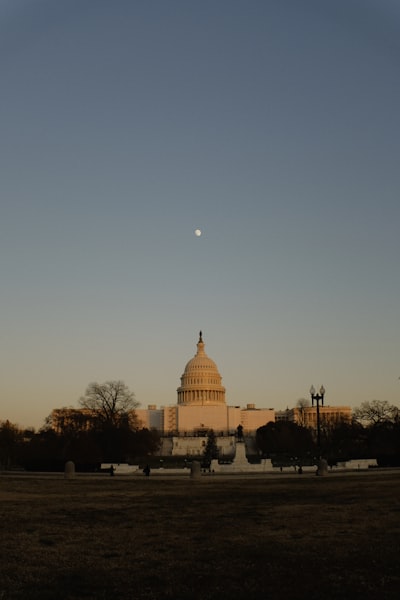Imagine a world where your boss hands you a bonus, only to email you later saying, "Actually, can I have some of that back?" Unusual as it sounds, that's essentially what happens with congressional 'rescissions': the rare and quirky act of un-spending already allocated federal funds.
But rescissions aren't always about penny-pinching. Back in the 1970s, President Nixon tried using rescissions as an executive power play, freezing funds for programs he disliked—prompting Congress to pass the Congressional Budget and Impoundment Control Act of 1974. This move turned rescissions from a presidential lever into a peculiar legislative tool.
Today, in an era of massive deficits and trillion-dollar budgets, rescissions shine a tiny spotlight on the rhetorical power of "fiscal responsibility"—but do they make a difference? Or are they just political theater, a smoke signal of discipline when the real fires still rage?
What would it look like if ordinary citizens could vote to rescind public projects they come to regret? An unused monorail, a half-empty stadium, a giant sculpture that seems out of place—what public works would you send back for a refund if you could? Perhaps the concept of "rescission" is more relatable, and radical, than it first appears.
This article was inspired by the headline: 'Graham a 'yes' on rescissions - Politico'.

Comments
No comments yet. Be the first to comment!